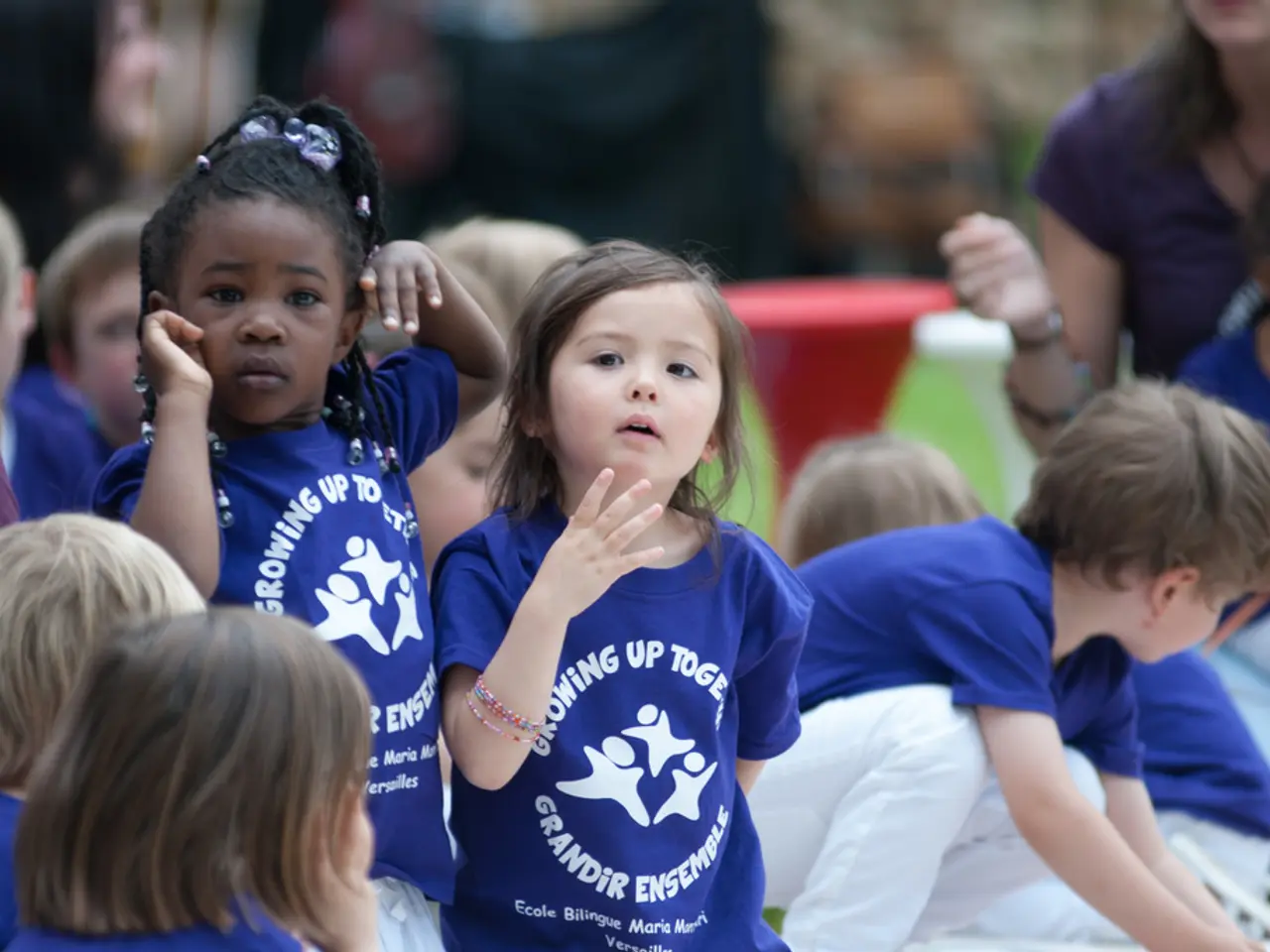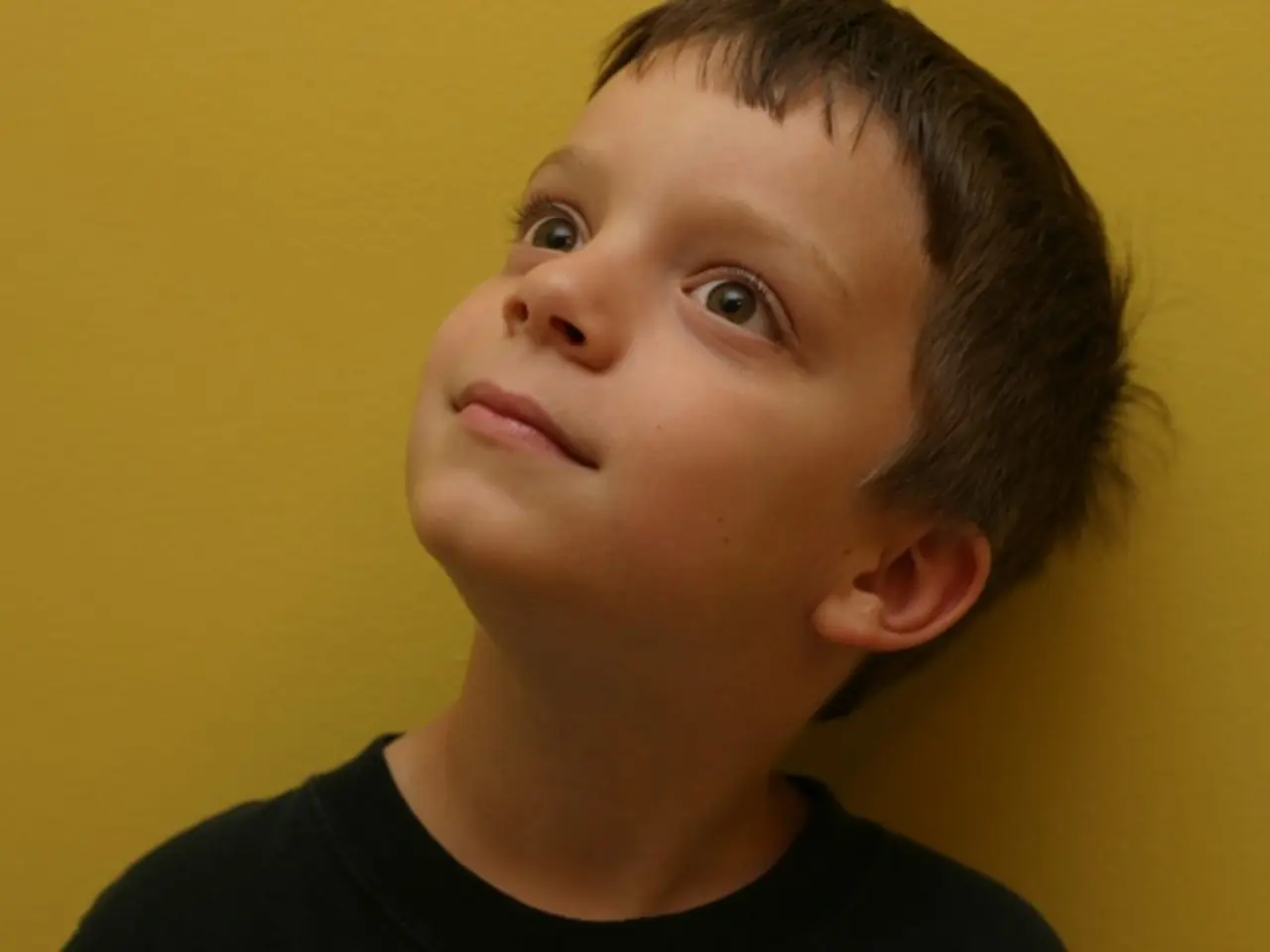Researchers Studied 150 Episodes of 'Bluey': They Identified Lessons on Lifelike Resilience for Children
The Australian animated series Bluey has gained a reputation for teaching valuable life lessons, particularly in the realm of resilience. With nearly half of its episodes (73 out of 150) incorporating resilience messages, the show significantly contributes to child development by modeling practical coping skills and fostering social-emotional growth.
Bluey demonstrates resilience through everyday moments where characters manage disappointment, show determination, and self-regulate emotions. For instance, when Bluey and Bingo respond positively to a popped balloon by reframing the experience as fun, or when Pom Pom perseveres confidently in a challenge. These scenes showcase key resilience elements like emotional communication, self-regulation, empathy, and problem-solving.
The show portrays resilience not as perfection, but as continuing to try despite fear or difficulty. Parental characters play a crucial role, facilitating resilience in most plotlines by providing emotional safety and support, modeling patience, flexibility, and calmness during challenges.
Bluey promotes independence grounded in secure attachment, as seen in "Sleepytime," where Bingo gains autonomy while feeling emotionally anchored to her parents. The show also encourages empathy and perspective-taking, such as when Bluey understands her mum’s need for alone time, modeling self-care and respect for others’ boundaries.
By embedding these resilience lessons in relatable family situations and imaginative play, Bluey helps children develop crucial social and emotional skills including patience, perseverance, autonomy, empathy, and emotional regulation. It also provides a valuable guide for parents on nurturing resilience through supportive, loving environments—thus contributing to lifelong psychological well-being and child development.
Research shows that resilience helps children manage stress, regulate their emotions, build better relationships, and perform better at school. A 2023 national resilience survey found more than 1 in 4 primary and 1 in 3 secondary students reported high levels of psychological distress. In this context, Bluey offers a timely and essential resource for children facing growing mental health challenges, including around anxiety and emotional dysregulation.
Animal characters in storytelling offer valuable learning opportunities for children. Bluey, a 6-year-old animated character, serves as an engaging and relatable role model. When parents watch shows like Bluey with their kids, they become powerful teaching tools, and talking about what kids see on screen can help them reflect, process, and build the skills they need to cope, adapt, and grow.
Two-thirds of the resilience moments in Bluey are facilitated by a parent, most often Bluey's mum. In "The Show" (season two, episode 19), Bingo repeats the words "I have a little cry, I pick myself up, dust myself off, and keep going" after being coached by his mum. This scene underscores the importance of parental influence in teaching resilience to children.
In conclusion, Bluey stands out as one of the best resilience coaches on television, offering children a wealth of opportunities to learn essential social and emotional skills. By fostering resilience, the show contributes significantly to children's mental health and overall well-being.
- The Australian animated series Bluey offers valuable lessons in education-and-self-development, particularly focusing on resilience, which is vital for children's emotional development and school learning.
- Through modeling coping mechanisms and fostering social-emotional growth, Bluey contributes to the health and development of kids, teaching them important skills like patience, perseverance, and emotional regulation.
- With nearly half its episodes devoted to resilience messages, Bluey provides a relatable family lifestyle context that aids children in understanding and overcoming mental health challenges, such as anxiety and emotional dysregulation.
- By using animal characters, Bluey creates an engaging platform for teaching resilience, making it a powerful tool for parents in guiding their family about nurturing a supportive and loving environment for their kids' lifelong psychological well-being and education.
- Bluey showcases the significant role family plays in the development of children's resilience, with parental characters providing emotional safety, support, and practical examples to facilitate successful coping and problem-solving in their kids' lives.




